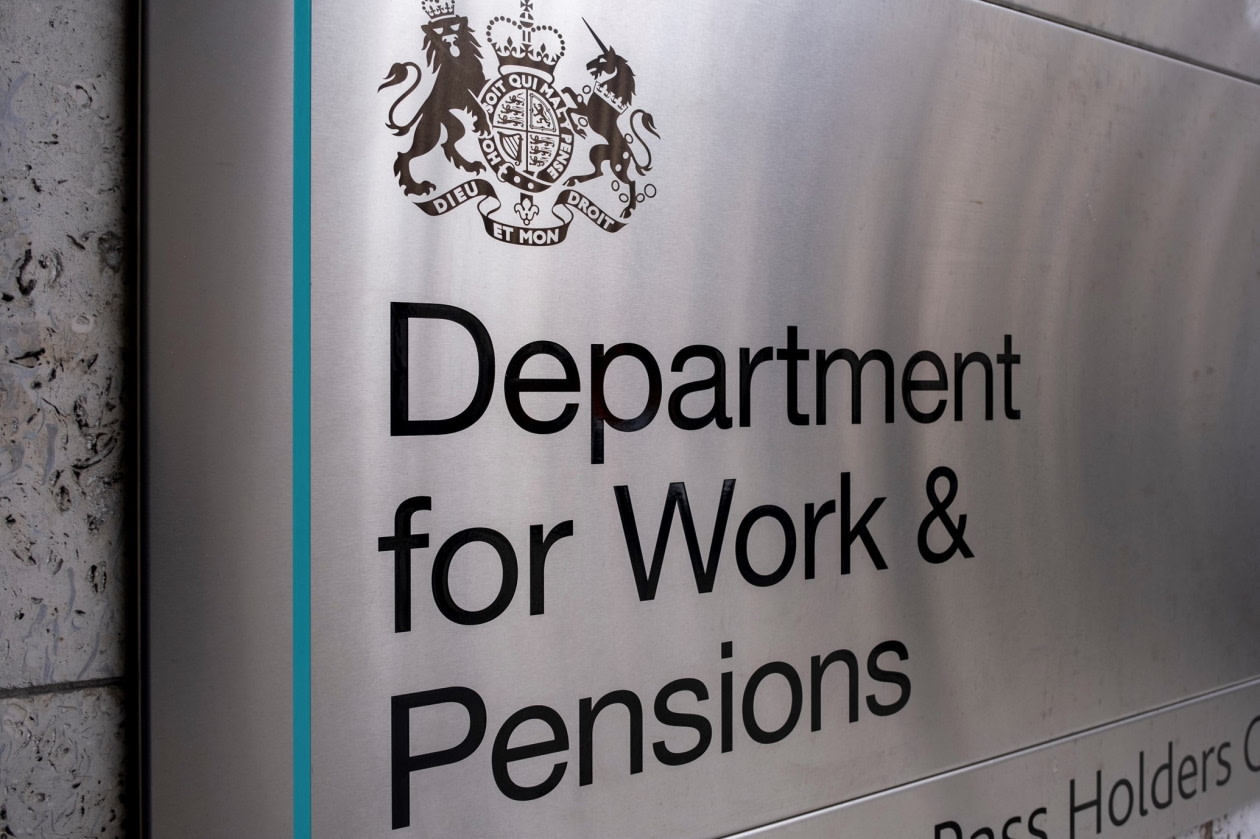From 8 April, pensioners will get a welcome extra boost to their income in the form of an 8.5% increase in their State Pension.
This will bring a full new State Pension for individuals up to £11,502 a year, while those on a full basic State Pension will see it rise to £8,814.
With inflation finally on the wane, this increase will bring some much-needed breathing space to budgets that have been stretched by the long-running cost-of-living crisis.
However, the State Pension also gets its fair share of criticism.
Despite two blockbusting increases in recent years, the UK’s state pension has been described as the worst pension in the developed world.
These comparisons are unfair as state pension set ups in different countries vary.
How valuable is the State Pension?
The State Pension provides a steady guaranteed income that pays out for life. It forms the foundation upon which millions build their retirement income.
To see just how valuable it is, let’s see how much you’d need to save in your own pension to match what you could get from the state.
An annuity is a retirement product that allows you to swap some, or all, of your pension for a regular income that’s guaranteed to be paid for life.
Data from our annuity search engine on 10 April 2024 shows you’d need a pension pot of roughly £125,000 at age 65 to replicate what you’d get from the basic State Pension.
To receive a full basic state pension you’ll need to have at least 30 years’ worth of national insurance contributions. If you’re a woman born before 6 April 1950 or a man born before 6 April 1945, you might need more. It’s also worth saying annuity rates can fluctuate over time so you could get more or less than this.
If you’re looking at generating enough to match the full new State Pension, you’re looking at more again – you’d need over a whopping £160,000.
To get a full new state pension, you need to have at least 35 years’ worth of national insurance contributions. You’d also need to be a man born after 6 April 1951 or a woman born after 6 April 1953.
Annuity rates change regularly so the figures that would be needed to replicate the state pension at any future point will differ.
Keeping pace with inflation
The State Pension is increased every year by whatever is the highest of 2.5%, CPI inflation and average earnings.
This is called the ‘triple lock’.
If you also wanted an escalating income from your annuity, then you’d need to put away much more. You’d need around £190,000 in your pension to get a single life annuity that starts at around the level of the basic State Pension and then increases in line with RPI (inflation).
To do the same for the new State Pension, you’re looking at closer to £250,000.
This leads to the debate continuing to rage about the State Pension.
There are those who argue it needs to be raised versus those who say it costs too much. There’s also the ongoing issue of how increasing State Pension risks breaching the frozen personal allowance in the next few years, potentially landing more pensioners with growing tax bills.
However, whatever side of the argument you favour, the State Pension’s a valuable benefit that many would struggle to match with their own pension planning.
This article isn’t personal advice. If you're not sure what to do with your pension, seek guidance from Pension Wise, the government’s free impartial service to help you understand your retirement options. If you need more help, ask for financial advice.
Remember, pension rules can change and any benefits depend on individual circumstances. You also can’t access money in a pension until age 55 (rising to 57 in 2028).


